Black Liberation and Just Transition Institute
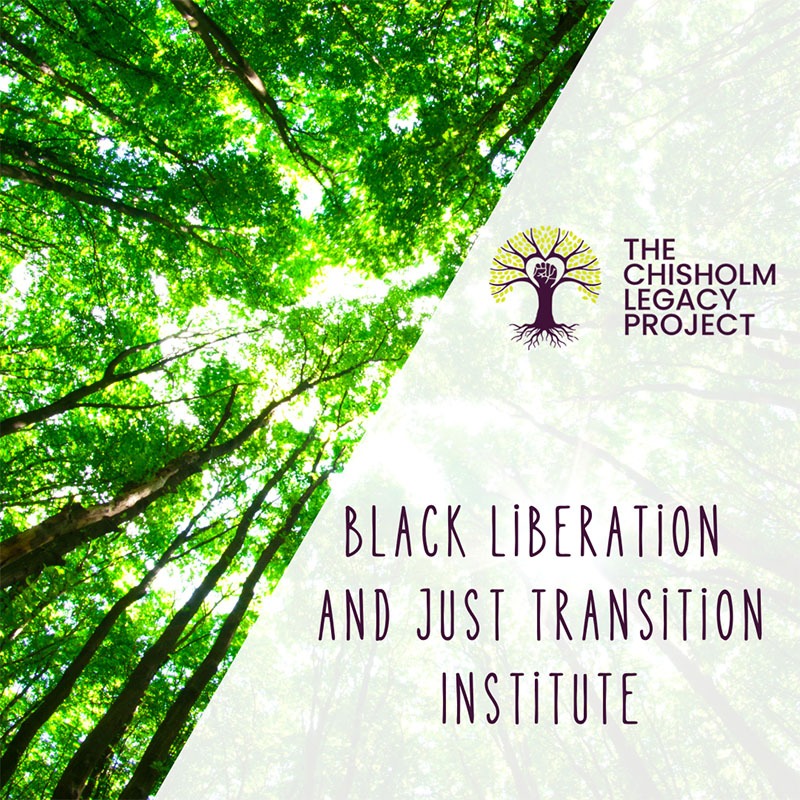
Welcome!
The Black Liberation & Just Transition Institute is a transformative initiative by The Chisholm Legacy Project Inc. (TCLP). This program prepares participants to lead climate justice efforts using the Just Transition framework, which guides us in moving from an extractive economy based on greed to a regenerative economy based on deep democracy, sustainability, and solidarity. This approach ensures Black communities have access to resources, information, and organizations that support self-determination and Black Liberation. This program offers a justice-based foundation in community-based participatory research, governance, policy, practice, strategic communications, and advocacy strategy. Upon completion, participants will be equipped with the knowledge, skills, and tools to serve as agents of change and stewards of justice across various levels.
Certificate Levels
The three tiers of certification for each program represent advancement through training.
The Certification Program consists of three tiers:
Participants must successfully complete all three tiers to achieve Maven certification.
Tier 1: Apprentice Certificate – Online Training (1-3 months)
- Training: Approximately 15 hours of intensive online training through a series of modules.
- Engagement: Discussion forums to build peer networks.
- Evaluation: Assessments of understanding throughout each course:
- Achieve an average score of 80% or higher on all knowledge assessments.
Tier 2: Practitioner Certificate – Action Planning & Implementation (3-6 months)
- Complete Tier 1
- Develop Action Plan: Develop a community Action Plan based on Apprentice level training.
- Implement Action Plan: Implement activities outlined in the Action Plan created on the Apprentice level.
Tier 3: Maven Certificate – Impact (6 months - 1 year)
- Complete Tier 1
- Complete Tier 2
- Impact: The impact on the community resulting from the implementation of the Action Plan.
Course Catalog

Advancing Water Justice
Water is essential for human life, both individually and collectively – from the very basic requirement of maintaining life, to hygiene and cleanliness, to recreation and sport, to growing food and cooking nutritious meals. Beyond even the physical and communal, water plays an important role in spirituality and creating meaning. Water is life, and there is no substitute. At the same time, water systems are fraught with challenges and inequities, particularly impacting Black communities – from contaminated water to climate change induced droughts. This program will examine these issues from cultural, historical, and political perspectives, providing community-based approaches to advocate for clean water access as part of Black Liberation. Ultimately, participants will gain tools to design and implement policies and practices that advance just and equitable water systems.
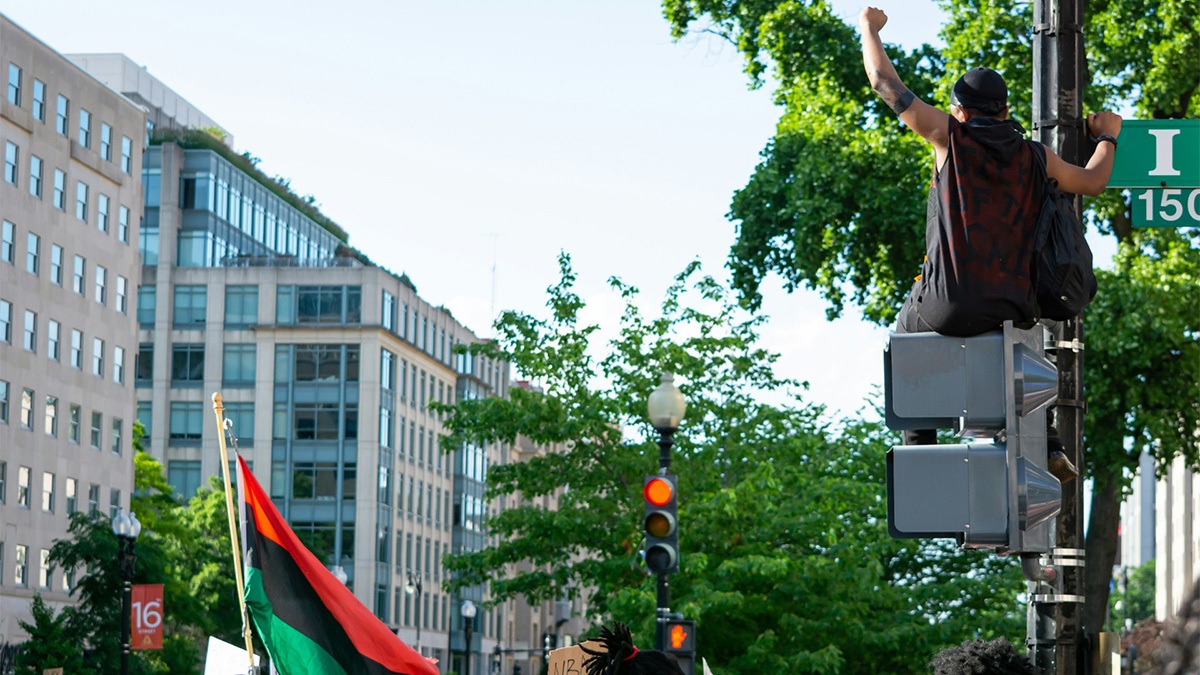
Black Liberation and Afrofuturism
This course examines the historical and contemporary connections between Black Liberation and Afrofuturism, exploring the various ways Black people have envisioned the future through the lens of their struggle for freedom. Drawing from various frameworks and approaches to Black Liberation, as well as literary and artistic movements within Afrofuturism, the course also incorporates contemporary examples from Black frontline communities. It provides valuable insights to help advance a future where Black people experience profound freedom and liberation beyond the confines of our current imaginations. As we strive to envision a future beyond the limitations imposed by centuries of oppression, this course offers the insights needed to support communities in advancing a future where Black people can truly experience deep freedom and liberation.
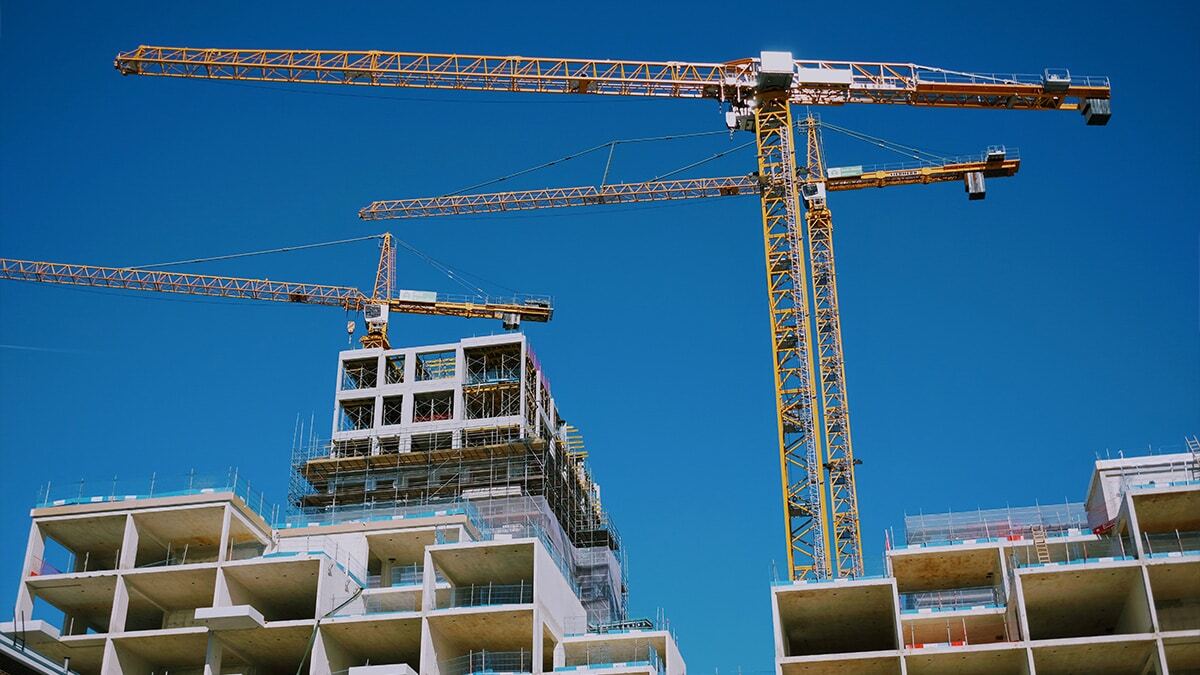
Centering Equity in the Sustainable Buildings Sector
It is critical that the places in which we live, work, play and pray are safe and healthy facilities. Buildings should preserve our health, protecting us from the elements and providing comfort and security in our lives. Current buildings often harm Black communities, perpetuating inequities and environmental injustices – from being contaminated with lead paint and radon or being less energy efficient than buildings in other communities, thus leading to increased energy bills, and or being less disaster resilient. Even new regulations to improve these situations often focus on future buildings, leaving already underserved communities behind. Our leadership is imperative to ensuring that we all have access to healthy, safe, and affordable buildings. This program explores these systemic issues through the lens of Black Liberation and presents strategies for creating equitable, sustainable, and inclusive buildings. Participants will be equipped to advocate for practices that prioritize the needs of Black communities, fostering healthier building environments.
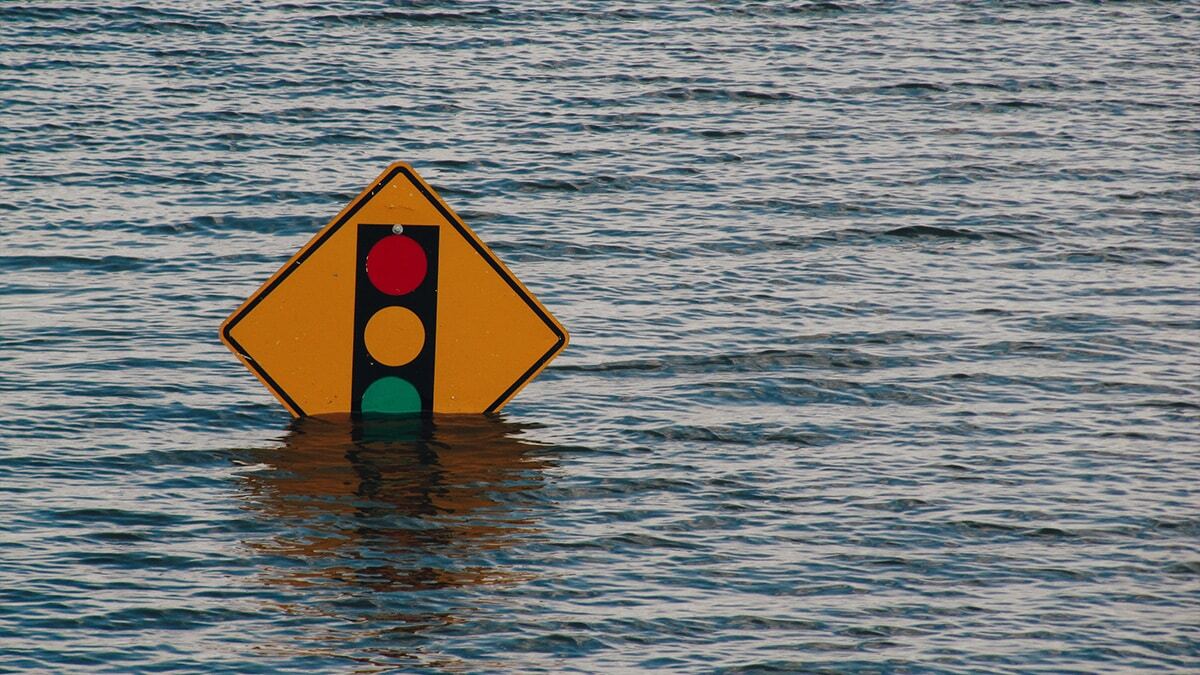
Climate Adaptation and Resilience
Black frontline communities face the brunt of climate impacts, from extreme weather to long-term environmental changes. These challenges are not just environmental but deeply intertwined with social, economic, and historical factors. Still, we must imagine a future where Black communities are not just surviving but flourishing in the face of climate change. Where green infrastructure, sustainable practices, and community-driven initiatives create safe, healthy, and vibrant neighborhoods. This program is not only about preparing for the worst but also about envisioning and building a better world. This program provides a deep dive into these pressing issues, offering a comprehensive understanding of the specific vulnerabilities and strengths of Black communities in the face of climate change. By the end of this course, participants will be equipped with the tools, knowledge, and inspiration to lead their communities toward a resilient and equitable future, where we can weather the storms ahead and come through thriving.

Conservation Done Right
This certification program on the right way to do conservation (Conservation Done Right) will provide individuals and communities, particularly environmental justice communities, which often face disproportionate environmental burdens and have historically been marginalized in decision-making processes related to natural resource management, with valuable tools to effectively develop and initiate an inclusive conservation plan. Through this training, environmental justice communities will gain skills that would enable them to actively participate in creating healthier, more sustainable environments where their voices are heard, and their rights are respected. It fosters resilience, economic opportunities, and improved quality of life while promoting environmental justice and equity.
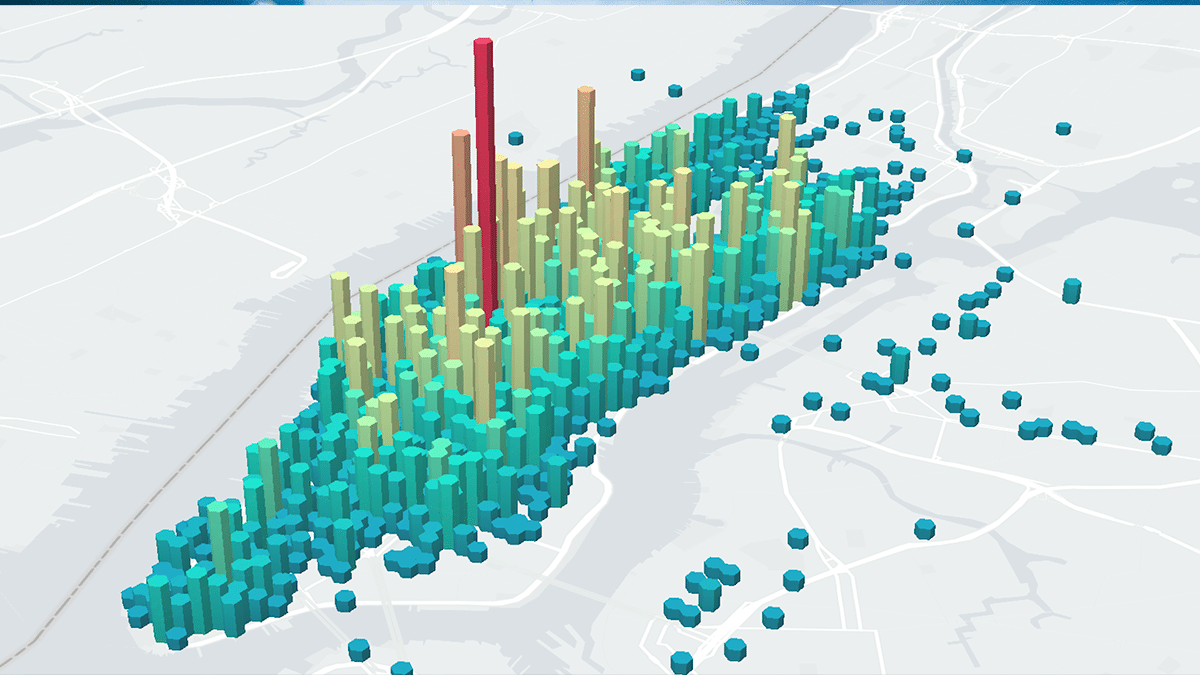
Data and Black Liberation
Imagine a future where data is harnessed to empower marginalized communities and drive equitable solutions, rather than perpetuating systemic racism. Historically, data has been misused to justify and reinforce racial disparities, but this program gives us the tools to turn the tide. This certification provides an overview of using web-based GIS platforms for real-world applications in environmental and climate justice. Participants will explore the transformative potential of data, gaining hands-on experience with GIS tools and techniques. This program emphasizes the importance of data literacy and storytelling as tools for Black frontline communities to advocate for their rights and create a safe and healthy future.
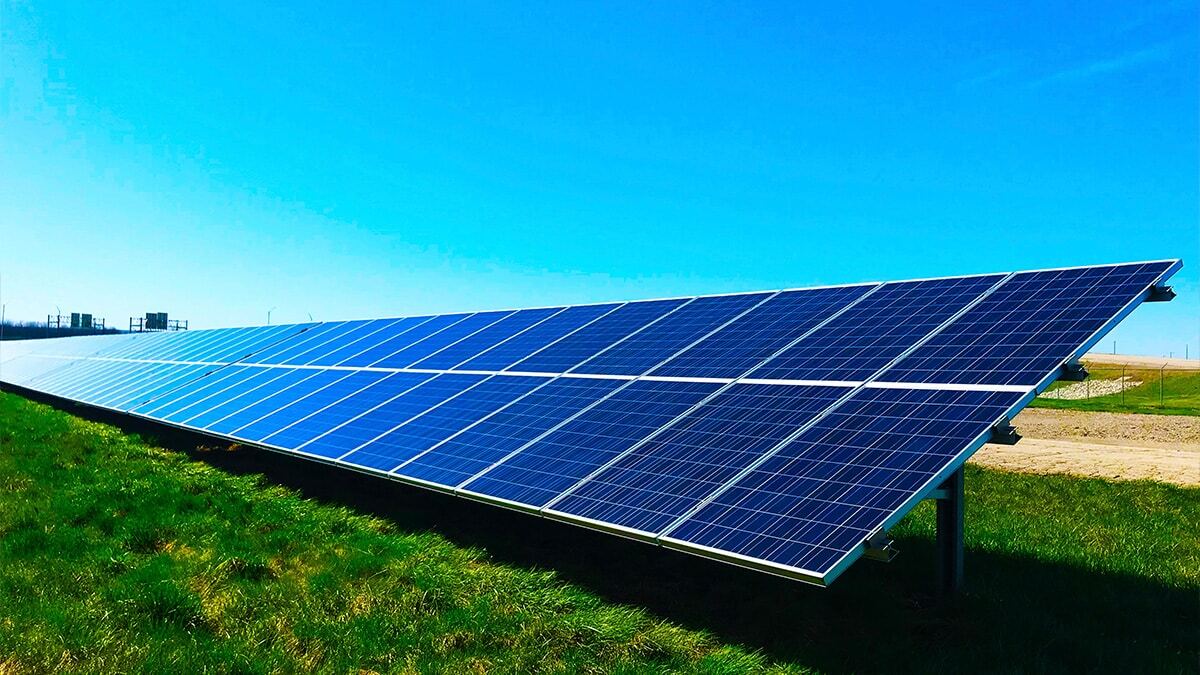
Energy Justice
Black frontline communities bear the brunt of our current extractive energy system, facing environmental degradation and health risks. There are also vast opportunities in the new energy economy, and it is critical to create pathways to ensure frontline leadership. Decisions are made about how energy will be produced, consumed, and distributed and Black communities are rarely consulted. This has led to inequitable practices that disadvantage those communities. Mainstream environmentalism has also disregarded the input of these communities, leading to strategies for transitioning into a green economy that do not represent the interests of frontline communities. The leadership of the communities which bear the largest burden and experience the most negative impacts will be key in seeing a just transition to a truly regenerative economy. A just transition is possible. A future where Black frontline communities have affordable, accessible, and clean energy that also benefits them economically is possible, and there are myriad ways that Black communities are already leading in this regard. The Energy Justice program unveils this reality, offering strategies to transition towards resilient energy systems rooted in Black Liberation, Just Transition frameworks, and democratic energy governance. Participants will be equipped to champion equitable energy solutions that prioritize community well-being and sustainability.
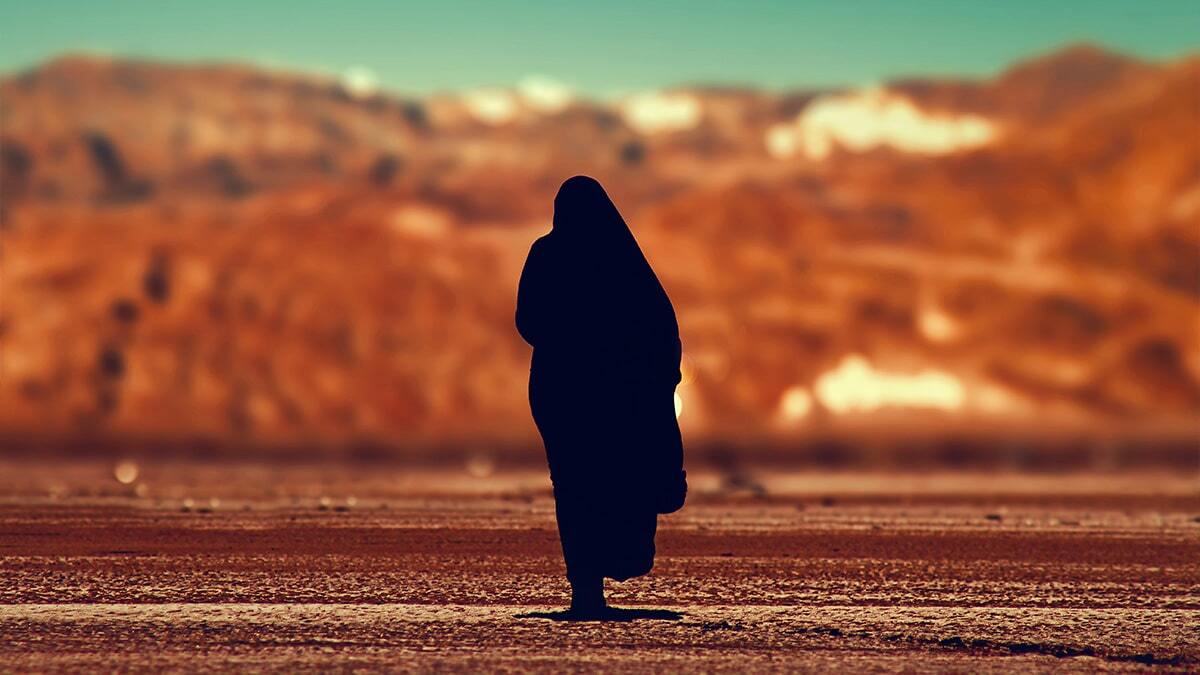
EnGendering Climate Justice
Black women and femmes face unique vulnerabilities and disproportionate climate impacts, while also holding so much in weathering the responsibility of multi-level leadership. On top of holding ownership of survival for themselves and their families, Black women and femmes shoulder the taxing and oft-unforgiving work of organizational and movement leadership – all with fewer resources than men and non-Black women, while also being subjected to violent threats and acts.
From the impacts of the drivers of climate change (such as industrial pollution, deforestation, and fossil fuel extraction), to the impact of the results of climate change (such as extreme weather events, food insecurity, and displacement), Black women and femmes are often championing communities that are being impacted on multiple fronts simultaneously. We recognize that a future where policies and systems reflect the needs and strengths of these communities is possible but only when we follow the leadership of Black women and femmes.
This program delves into the critical intersection of gender justice, racial justice, and climate justice. Participants will engage with a curriculum that highlights the specific ways climate change affects Black women and femmes, from reproductive and other health disparities to economic and social challenges, including false solutions such as population control. Through this exploration, we emphasize the resilience, leadership, and innovative solutions that Black women and femmes bring to the forefront of climate action, and how those solutions can be implemented locally. Participants will develop strategies to advocate for gender and racially just systems, policies, programs, and practices.
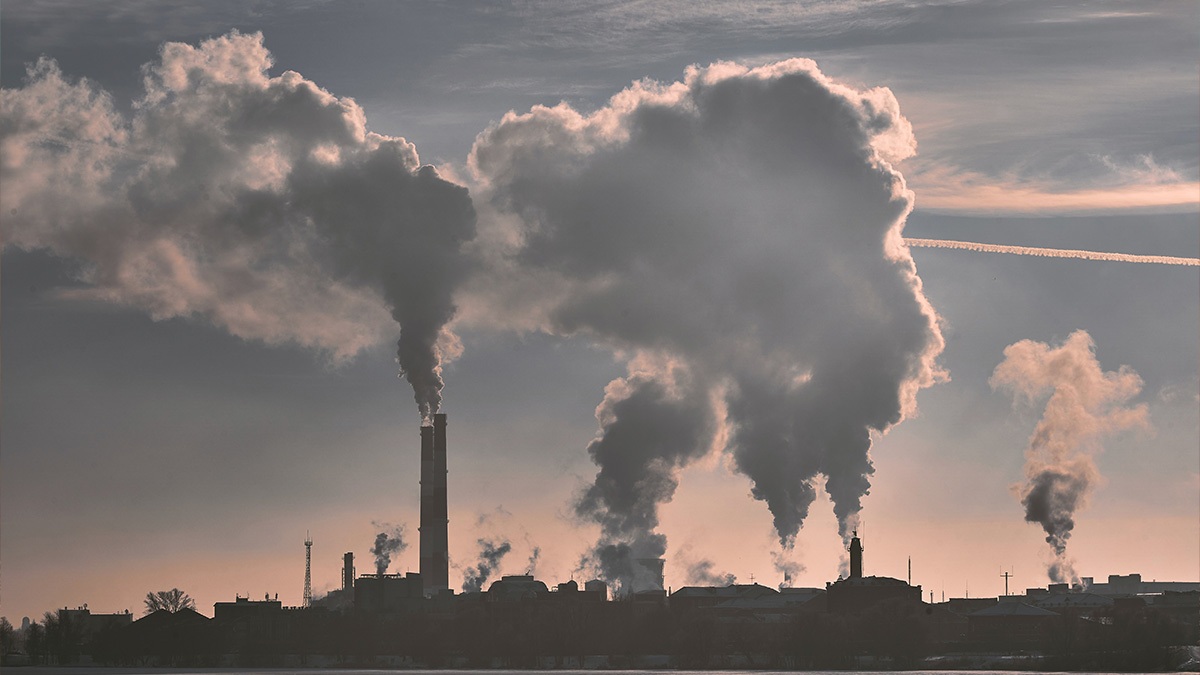
Environmental Justice 101
Before human greed instrumentalized the extractive economy, turning both humans and the natural world into commodities to be exploited for the profit of the few, there was a world where humans could live in relative health and safety. Advancements in technology that occurred alongside the spread of the extractive economy have been used not for the benefit of all humankind but to further engorge the greedy. Industry introduced toxicity into the air, into the water, and into the soil. Systemic racism gave the ruling class a means to create sacrifice zones – areas where pollution is purposefully funneled, and where the fatal impacts on the local population are deemed unimportant. Still, communities fight back every day and, with the right tools, can see real changes. This course will trace the history and the victories of the environmental justice movement as well as lessons learned. It will also facilitate access to the tools, practices and policies that have been the key to successes in the movement. EJ 101 delves into our stark reality, highlighting the connection between Environmental Justice and Black Liberation. This course analyzes key policies like the Clean Air Act, Clean Water Act, Superfund Act, and National Environmental Protection Act. Participants will be able to engage in local change through zoning and permitting interventions, advocate for effective policies and drive systemic change to ensure a healthier, more just environment.
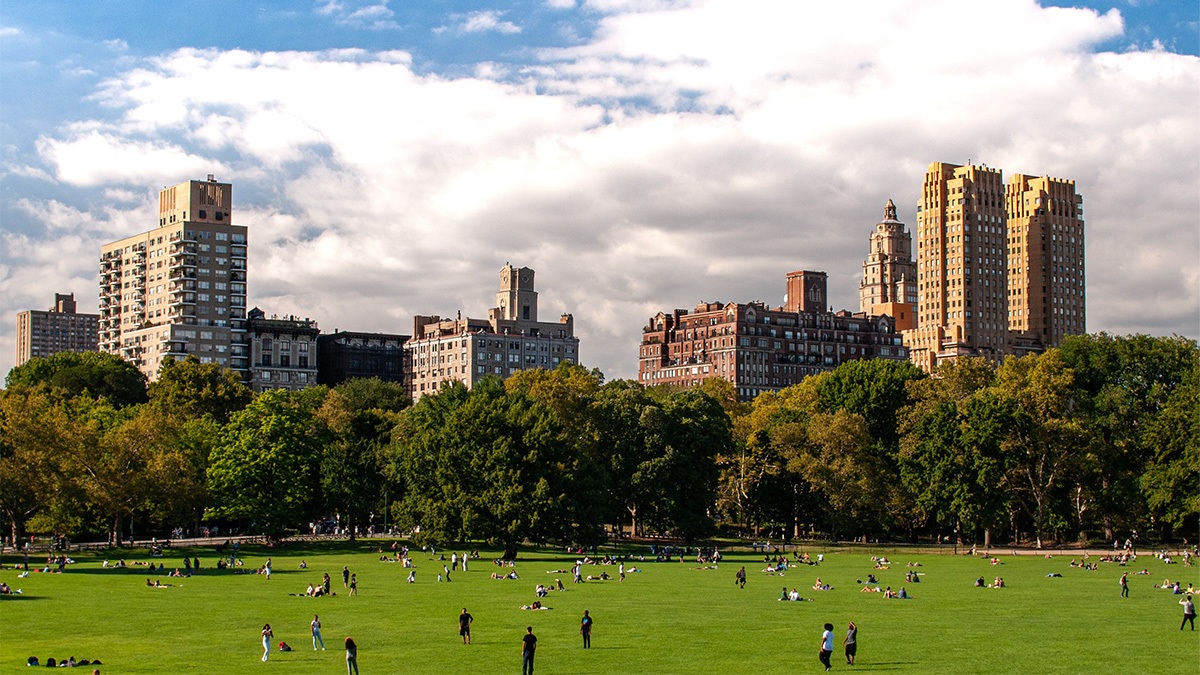
Equitable Green Spaces
Urban disinvestment has led to a profound lack of green spaces in Black communities, contributing to poor health and well-being. These areas, often deprived of parks, gardens, and other natural environments, face numerous challenges that extend beyond mere aesthetics. We must build a future where Black neighborhoods are rich with parks, community gardens, and green corridors, where children play safely outdoors, and residents enjoy the peace and benefits of nature. There are myriad benefits that green spaces bring to urban environments, from improving physical and mental health to fostering social cohesion and community happiness. Envision vibrant communities where green spaces contribute to cleaner air, cooler temperatures, and a higher quality of life. This program is not only about addressing the current deficiencies but also about reimagining urban spaces as centers of health, joy, and resilience. By the end of this course, participants will be equipped with the knowledge and strategies to advocate for the creation and maintenance of green spaces, promoting physical and mental health, community happiness, and ultimately Black Liberation.
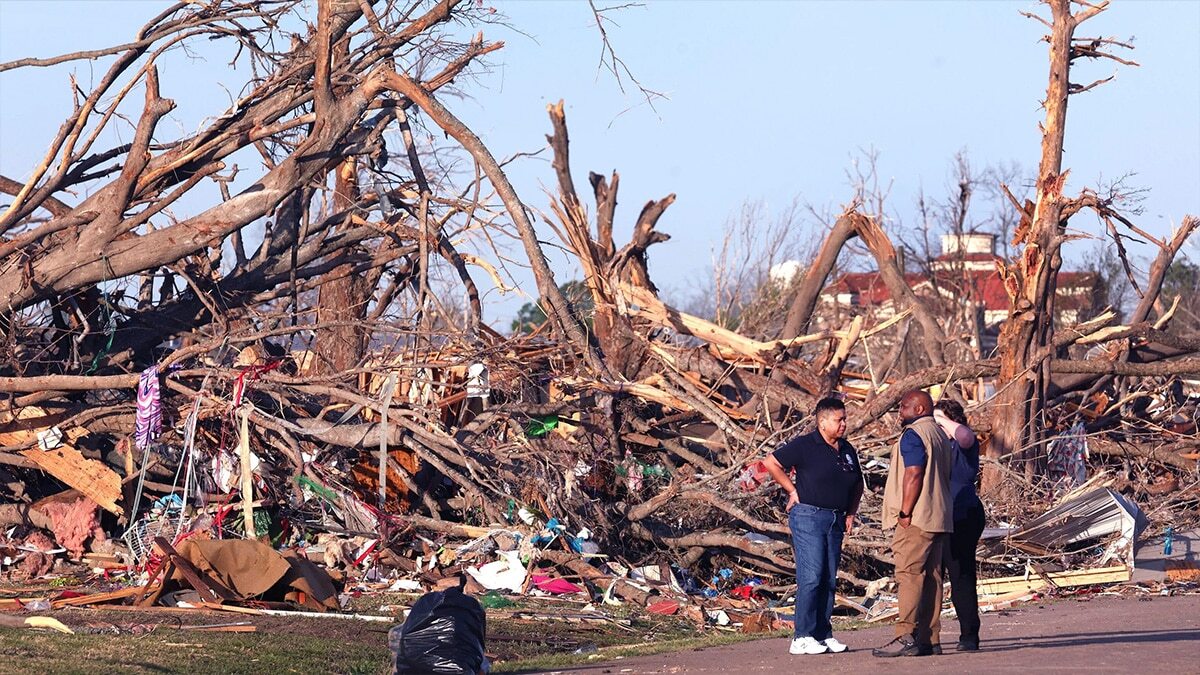
Equity in Emergency Management
As a result of climate change, disasters are increasing in number and intensity at a dramatic rate. Until humans can put a stop to the exploitative economic practices that are found at the heart of disasters both man-made and “natural” (to the extent that we can even consider disasters stemming from the man-made climate crisis to be “natural”), they show no signs of slowing down or easing up. Disasters wreak havoc on Black communities and are then exacerbated by inequities in emergency management. These frontline communities recognize this reality and are engaging in and modeling just and equitable responses to disasters, bringing hope to communities all over the country in similar situations. This program dissects the emergency response framework through the lens of Black Liberation and highlights how to navigate public and private systems effectively. Participants will gain tools to promote social justice and address antiblack policies and practices, ensuring fair and effective disaster response and recovery for all.

Equity in Transit & Goods Movement
Transit, which includes both the movement of goods and of people, covers a broad and interconnected array of equity and accessibility issues. The vision of a community with equitable transit looks like community members who are able to get where they need to go seamlessly, affordably, and conveniently – whether heading into work, to the doctor’s office, or to a baby shower, the community has freedom of movement without the burden of unreasonably cumbersome, time consuming, and pricey “solutions” (navigating a poorly managed bus system, or example, or having to rely on expensive ride sharing apps). On top of this, in this vision, communities are not harmed by the movement of goods which has historically (and still to this day) looked like polluting the air with exhaust, breaking up Black communities to build highways, and disasters such as those seen in East Palestine. While transit infrastructure often disrupts Black communities, we have seen communities triumph in their efforts to limit the need for extensive transit (such as through the promotion of localism) and minimize the harmful impacts of necessary transit. Participants will strategize to overcome challenges and ensure the benefits of efficient, sustainable transportation systems that advance Black Liberation and are shared equitably.

Food Justice
Food and our relationship with the land whose regenerative nature has capacity to care for and nourish all of us, is essential to keeping the body alive, and to keeping communities functioning politically, economically, culturally, and spiritually. The abundance that access to safe, nutritious, and locally produced food brings looks like self-sustaining communities, economic freedom for Black farmers, economic protection from the impacts of inflation at the grocery store, healthy bodies, emotional comfort, tender moments of passing along food traditions to children, and joyful celebrations with family and friends. And yet, environmental and climate injustice manifest in our food systems, creating food deserts, harm from Confined Animal Feeding Operations, harm to agricultural workers and local farms, and long-lasting and compounding disadvantages in Black communities. This program explores these challenges, focusing on how agencies and agricultural companies have disadvantaged Black farmers and populations. Participants will learn about the local initiatives that have successfully uplifted equity in access to safe, affordable food, replacing inequitable food policies and practices. By the end of the program, participants will be equipped to advocate for food justice, ensuring access to healthy, affordable food for all.
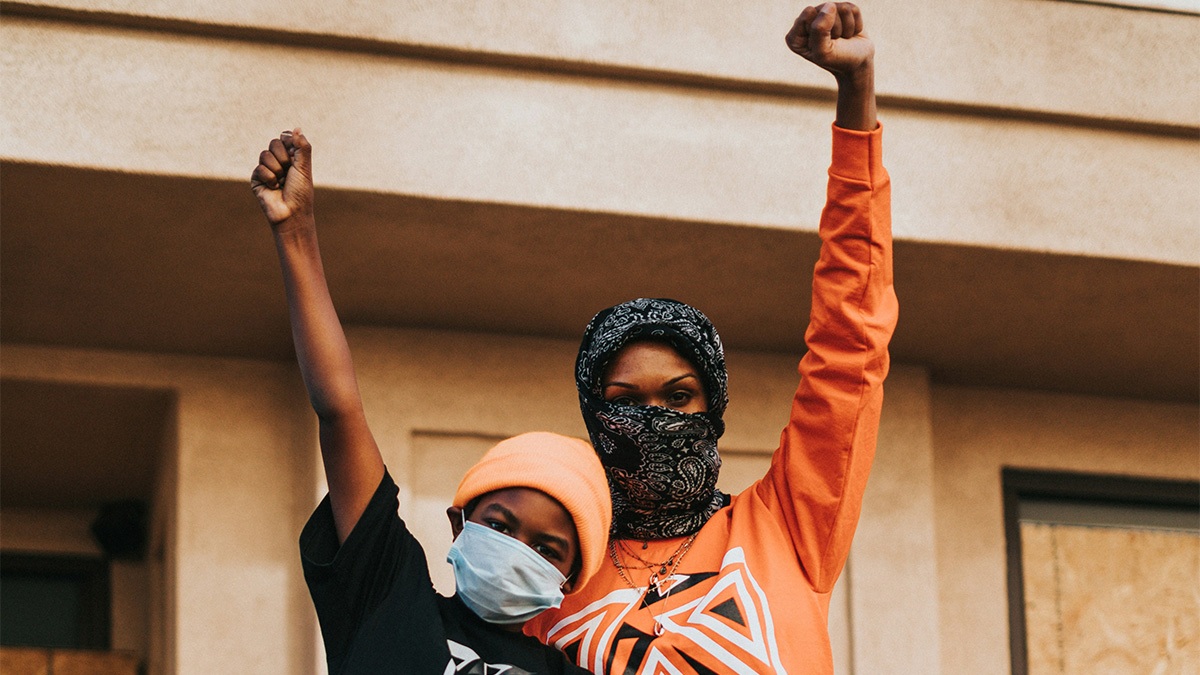
JEDI in Environmental Movement
The mainstream environmental movement often overlooks social disparities and funding inequities, failing to address the unique challenges faced by marginalized communities, including those marginalized by race, class, ability, LGBTQQIAP+ identity, religion, immigrant status, and more. This program confronts these critical issues, exploring how Justice, Equity, Diversity, and Inclusion (JEDI) efforts have sometimes been co-opted and lack the vision and perspective of Black Liberation. We must create an environmental movement that is truly inclusive, reflecting the diverse voices and experiences of all communities. A movement where systemic injustices are actively dismantled, and Black communities, alongside other marginalized groups, are at the forefront of creating sustainable and equitable solutions. This program is not just about addressing the gaps in the current movement but also about envisioning and building a just and inclusive future. Participants will delve into the ways systemic injustices permeate environmental efforts, understanding how traditional approaches can fall short in addressing the needs of Black communities and other marginalized groups. Through this program, we emphasize the importance of integrating Black Liberation principles into JEDI efforts, ensuring that environmental solutions are truly equitable.
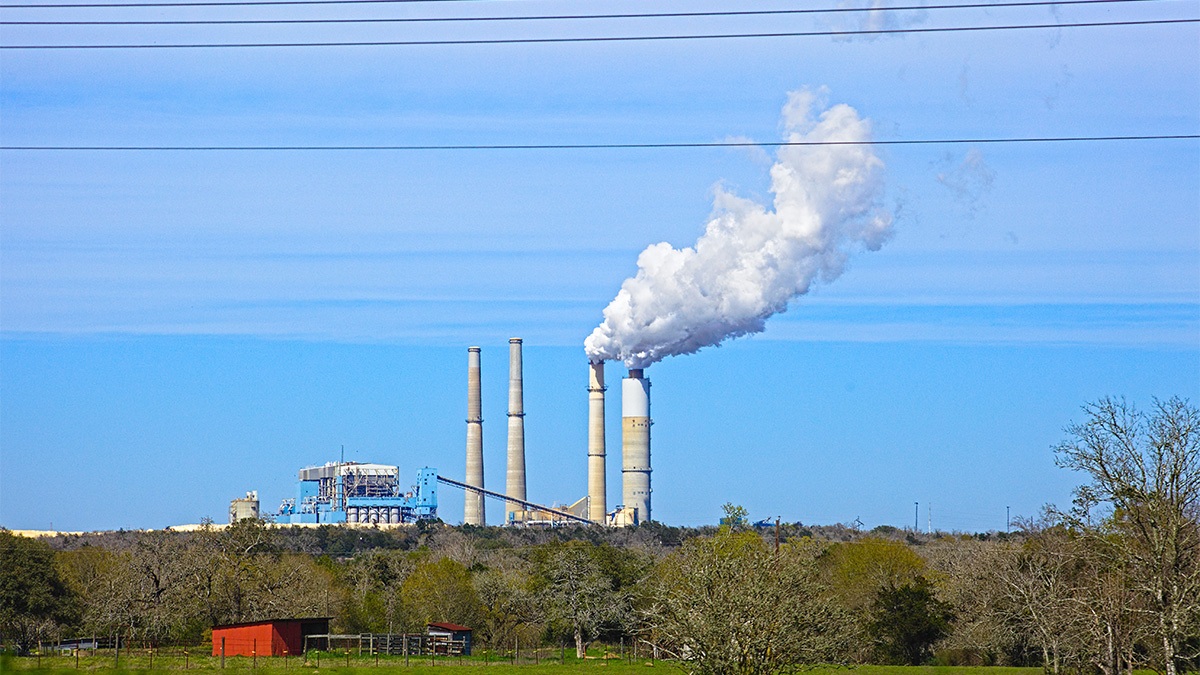
Keep it in the Ground
Fossil fuel infrastructure wreaks havoc on Black frontline communities, from severe health impacts to environmental devastation. And yet, the fossil fuel industry stays strong, using duplicitous techniques to deny the reality of the impacts and to divert communities from pursuing true solutions. A different future is possible, and Black communities are at the forefront of making that change. The Keep it in the Ground program exposes the harsh truths through a lens of Black Liberation, while providing participants with the tools to advocate for a shift from an extractive economy to a regenerative one, highlighting the necessity not just of reducing carbon emissions, but also transforming societies, ecosystems, and economies to be more sustainable. Participants will delve into the severe health and environmental consequences of fossil fuel extraction and consumption and learn actionable solutions to drive meaningful change.
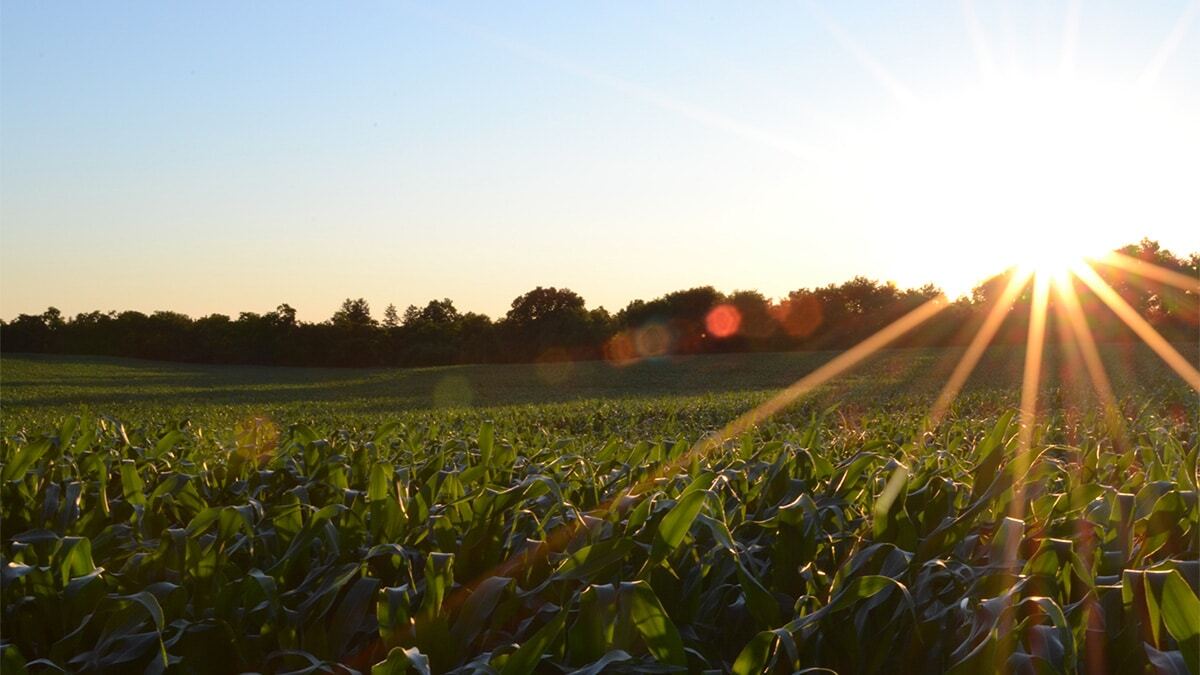
Land Justice
Land and property injustices have deeply affected Black communities, creating systemic barriers to wealth, stability, and self-determination. These injustices have roots in a long history of exclusion, displacement, and discriminatory policies that continue to impact Black communities today. A future where Black communities have secure land ownership, access to resources, and the ability to shape their own destinies is possible. It is a future where collective efforts lead to sustainable land practices, and community stewardship transforms neglected spaces into thriving hubs of culture, agriculture, and commerce. It is also a future where the struggles of Black communities and indigenous communities are recognized as interconnected and not mutually exclusive to one another, and where indigenous land sovereignty is interwoven into our collective liberation. In this course, we emphasize the importance of reclaiming and protecting land as a means of fostering community resilience and liberation. In addition to gaining a thorough understanding of how land injustices have shaped and continue to shape the experiences of Black communities, participants will explore land use, rights, and advocacy strategies, leaving the course with the community-based tools and vision needed to see the fruits of land justice within their own communities.
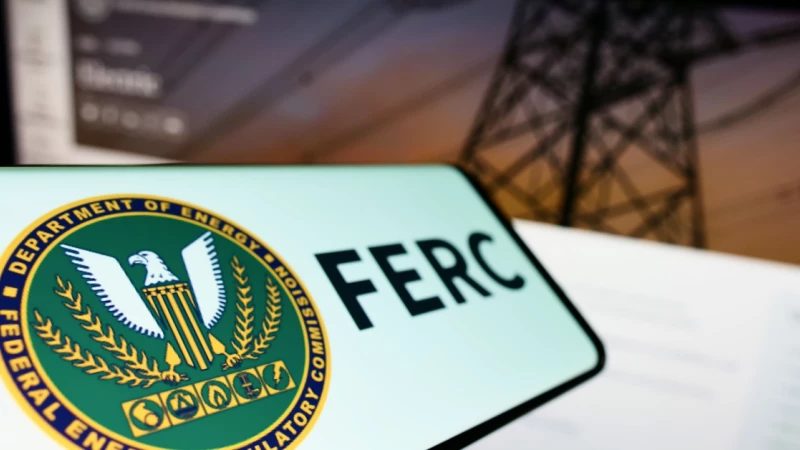
Navigating the Federal Energy Regulatory Commission to Advance a Just Future
Black frontline communities face unique challenges in attaining equal rights under the law when it comes to disproportionately negative impacts in how the energy sector is being governed, given the outsized influence of corporate entities on federal, state, and local agencies that are supposed to serve the interest of the people and the environment.
Navigating the complex landscape of energy regulation is a critical part of blocking the bad and building the good for frontline communities. The Federal Energy Regulatory Commission (FERC), as a servant of the public, has a critical responsibility to center equity and justice in governing the energy sector. From preventing harmful projects (such as gas pipelines and liquefied natural gas facilities), to advancing policies that promote community interests and ensure Black frontline communities are not left behind – being able to utilize FERC is an indispensable tool.
Participants will gain a comprehensive understanding of FERC’s role, functions, and influence over energy projects and policies. The course will delve into strategies for engaging with FERC processes, advocating for equitable energy policies, and leveraging regulatory frameworks to advance community resilience and sustainability. By demystifying FERC and providing practical tools, this program aims to equip frontline communities with the knowledge and skills needed to challenge and transform the existing energy systems, creating a future where Black communities and other marginalized groups are at the forefront of shaping the energy policies that impact them the most.

Regenerative Economies
We are living under an extractive economy that regards everything on mother earth, including people, as resources to be exploited until there is nothing left. It depletes resources, profits off of injustice, and thrives off of the worst possible expressions of human behavior. Its crimes are too numerous to list – everything from chattel slavery to the climate crisis trace back to this unspeakably inhumane approach to existing on this planet. We must envision and create a future where economic systems are rooted in justice, equity, and sustainability, dismantling the structures that work every moment of the day to prevent self-determination and liberation for Black communities. Many communities have already begun this imperative work, and their victories can and must be replicated far and wide, for the wellbeing of all. This program provides tools to create such a future by exploring the transformative potential of Just Transition frameworks and regenerative economics. Through this program, participants will develop comprehensive action plans to establish autonomous, community-governed systems thriving on regenerative principles. These plans will focus on fostering economic and social resilience, ensuring that communities are equipped to face future challenges and create sustainable, equitable solutions.

Sea Level Rise
Water can be life giving, but it becomes perilous when we are not in right relationship with it. Due to the advancement of climate change, rising sea levels threaten the coastal ecosystems and infrastructure while disproportionately affecting Black communities at the frontline of these impacts. As the impacts primarily disadvantage communities who are not the cause of those harms, those on the frontlines of sea level rise must adapt to the disastrous effects of climate change, and work to mitigate further damage. Communities have taken successful measures to protect themselves, and this certification will equip participants to do the same. This program offers a comprehensive overview of the impacts of sea level rise through the lens of Black Liberation and provides tools like the Risk Finder for risk assessments and equity analyses. Participants will learn to predict risk, identify and mitigate vulnerabilities, and advocate for policies that protect and equip Black communities.
